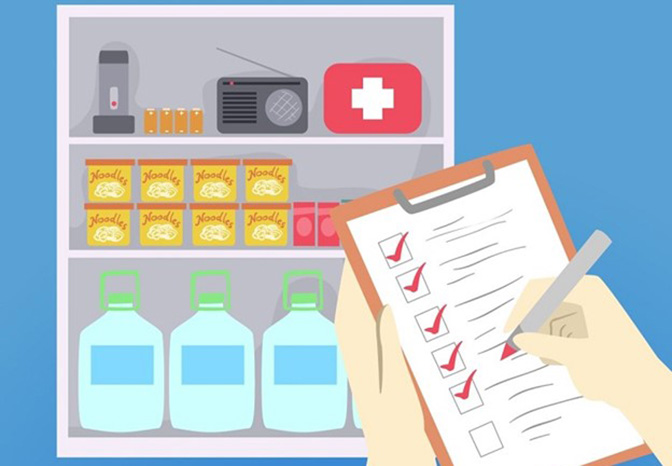News & Events
Find UHA’s latest news, events, insights and updates here.
All News Posts
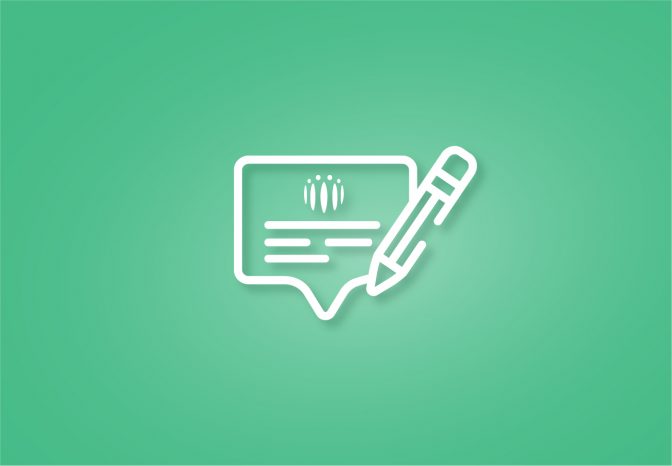

Navigating health insurance terminology can often seem daunting, but unders...
Read MoreUHA in the News

UHA Health Insurance is pleased to announce the appointment of Stephen Kemble, M.D., Kuo-Chiang Lian, M.D. and Dawn Harflinger to its Board ...
Read More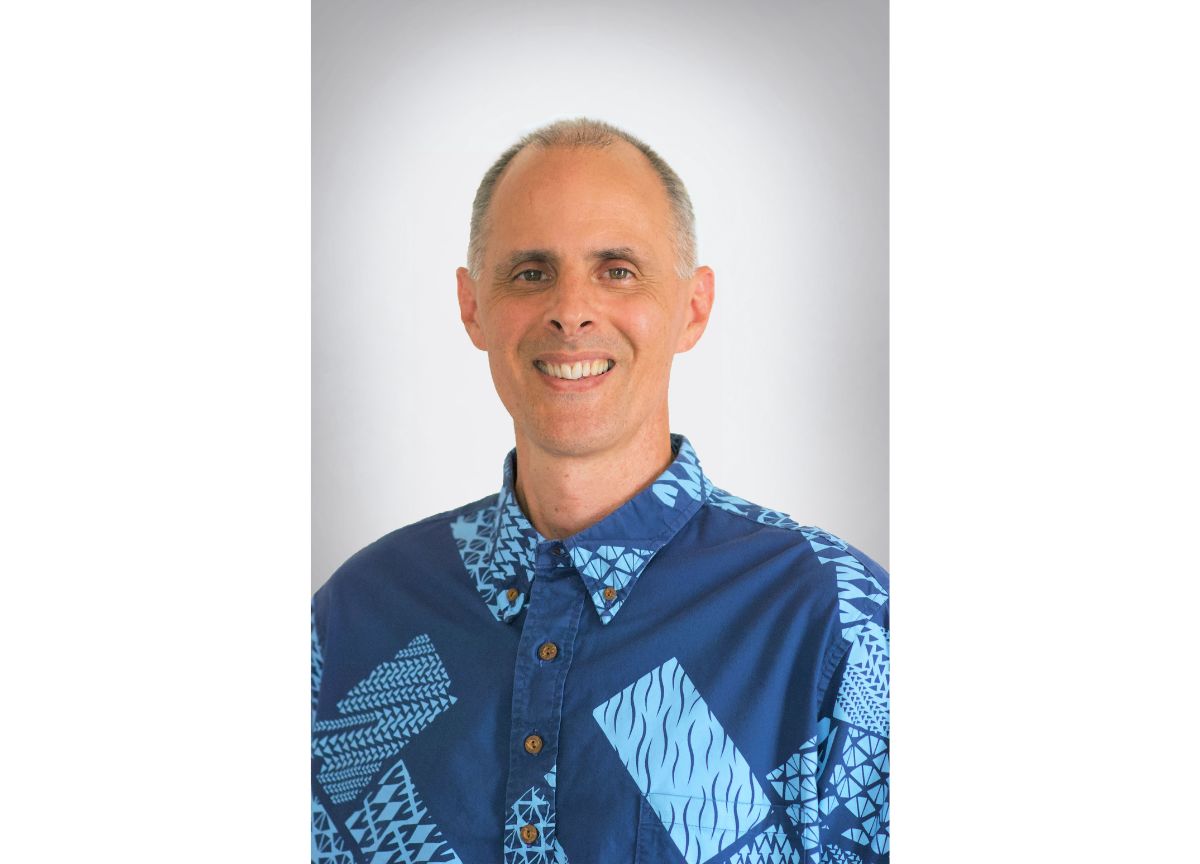
UHA Health Insurance has promoted Michael Story to community development & engagement specialist.
Read More
UHA Health Insurance has donated $25,000 to fund a temporary obstetrics position at nonprofit Mālama I Ke Ola Health Center.
Read MoreImportant Notices

This important notice is a follow-up to the important notice posted on February 10, 2023 to clarify the benefit update for over-the-counter ...
Read MoreEvents

Join us at the next Young Professional’s Professional Development Class "From Stress to Strong: Empowering Mental Health in the Workplace"
Read More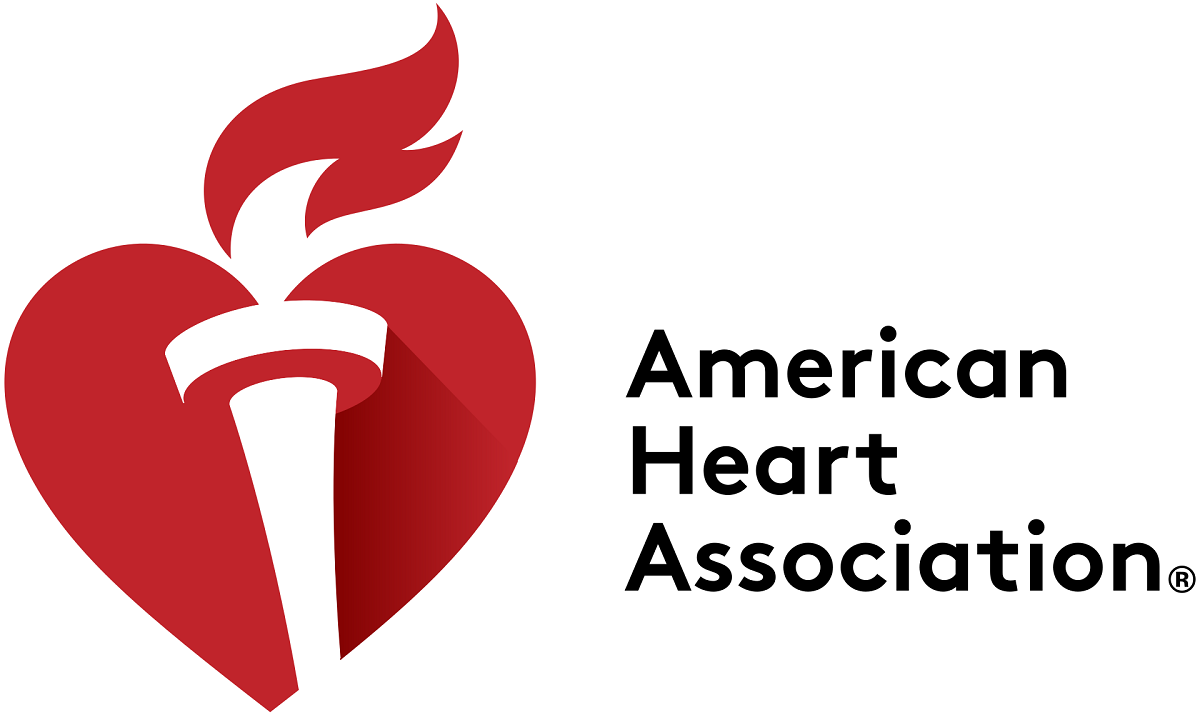
UHA Health Insurance is a proud sponsor of American Heart Association's (AHA) Workforce Well-Being Panel.
Read MoreBlog

Navigating health insurance terminology can often seem daunting, but understanding key concepts is crucial to making informed decisions abou ...
Read More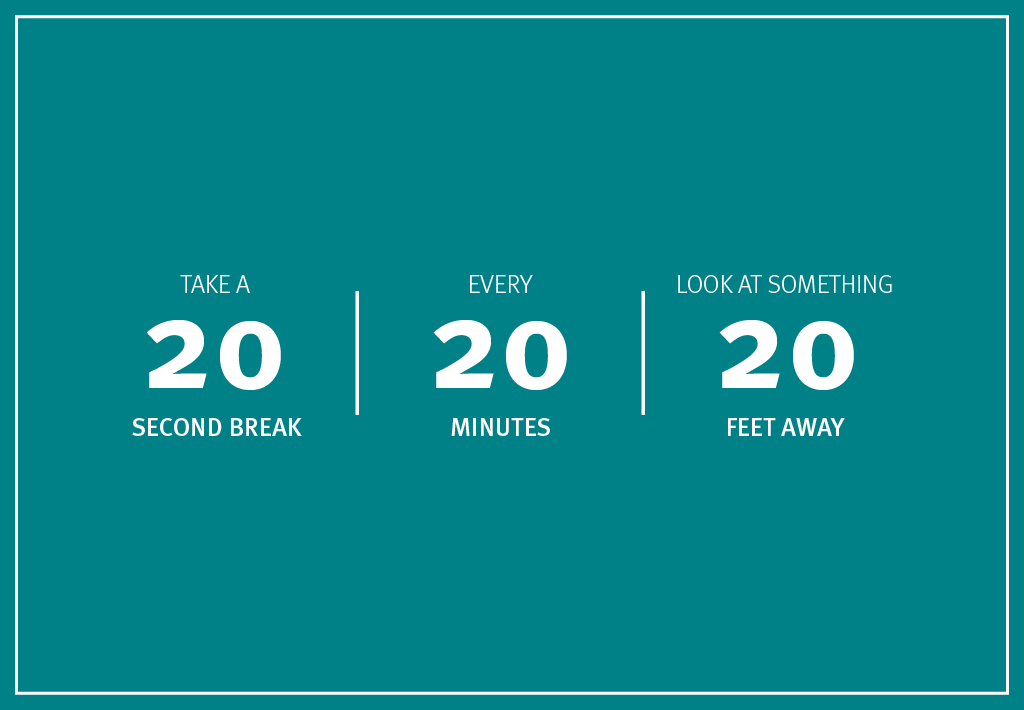
In today's digital age, our eyes are constantly bombarded with screens, leading to increased strain. The 20-20-20 rule can potentially benef ...
Read More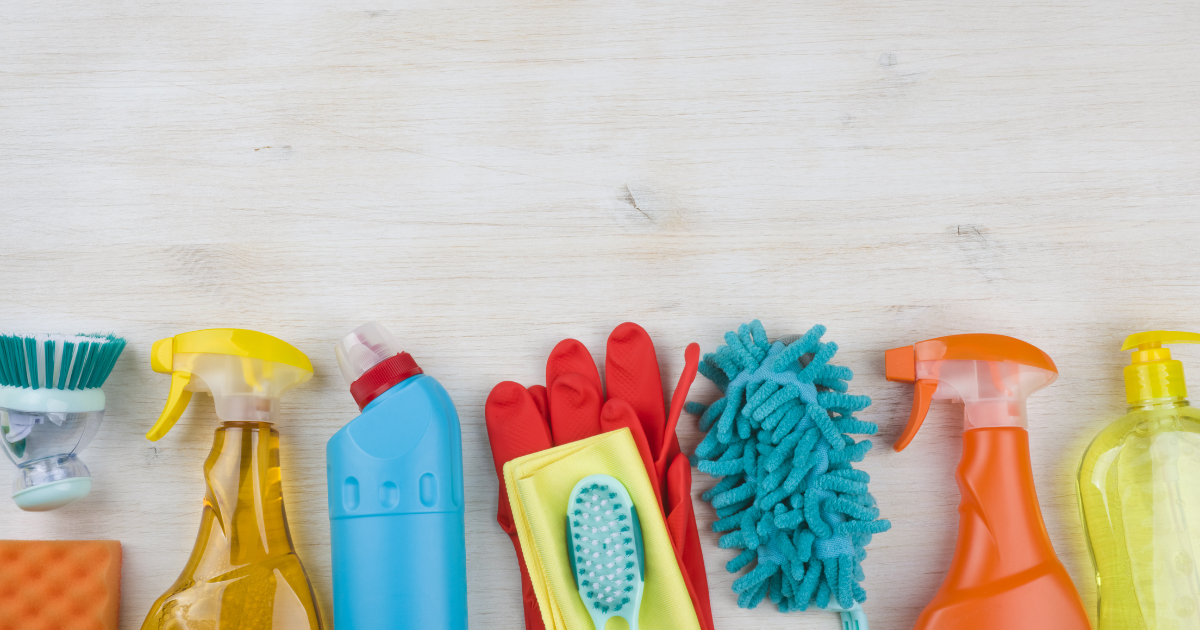
Living an active lifestyle doesn’t always mean frequent visits to the gym, going for a hike, or taking a Pilates class. Doing everyday house ...
Read More
